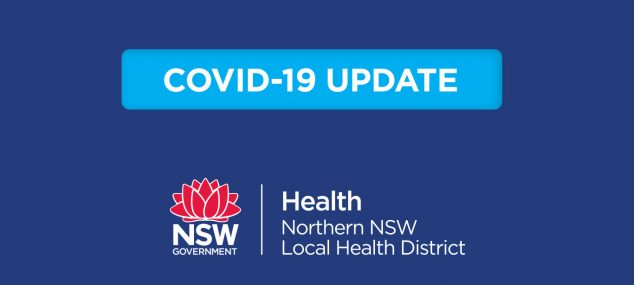
Northern NSW Local Health District is urging people in the Ballina region with even the mildest of symptoms to get tested for COVID-19 after fragments of the virus were detected in samples collected from the Ballina sewage treatment plant on 12 August.
The Ballina sewage treatment plant serves about 31,100 people.
Acting Chief Executive Ms Lynne Weir said there are no new confirmed cases of COVID-19 reported among residents of the District, but the fact virus fragments were detected in the local sewage indicated the virus could be circulating in the area.
“It remains vital that anyone who has any symptoms or is a close or casual contact of a person with COVID-19, isolates and is tested immediately,” Ms Weir said.
“When testing clinics are busy, please ensure you stay in line, identify yourself to staff and tell them that you have symptoms or are a contact of a case.”
The community is urged to check the NSW Government website regularly and follow the relevant health advice if you have attended a venue of concern or travelled on a public transport route at the same time as a confirmed case of COVID-19.
The list of venues and transport routes is updated regularly as case investigations proceed. There are more than 440 COVID-19 testing locations across NSW, many of which are open seven days a week.
To find your nearest clinic visit: https://www.nsw.gov.au/covid-19/how-to-protect-yourself-and-others/clinics or contact your GP.
As well as being present in stools, viral fragments can enter the sewer when washed off hands and bodies through sinks and showers. Usual sewage treatment processes inactivate, or kill, the COVID-19 virus.
The NNSWLHD is also urging people to check the Commonwealth Government’s https://www.health.gov.au/resources/apps-and-tools/covid-19-vaccine-eligibilitychecker for vaccination and, if eligible, to book an appointment for a vaccination as soon as possible.